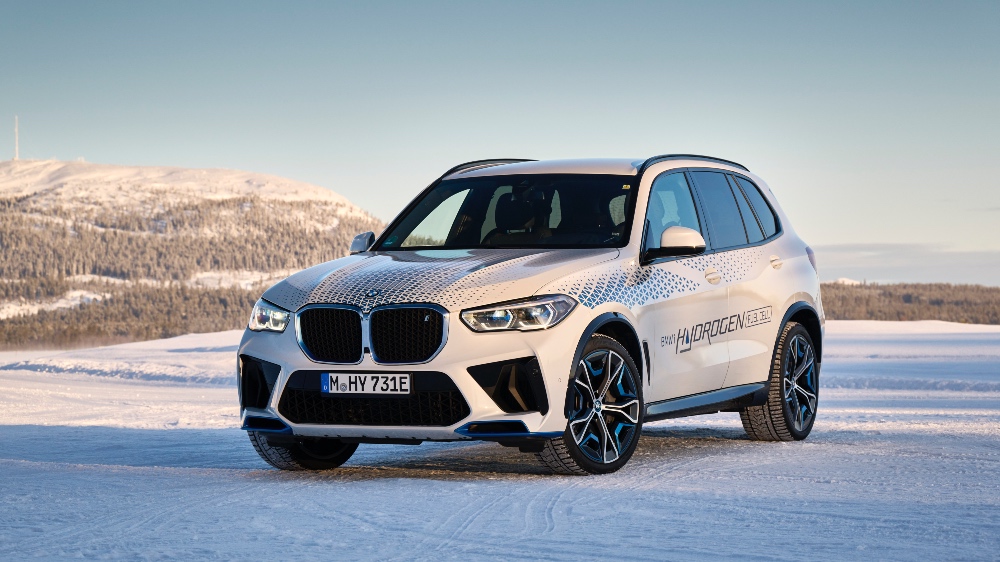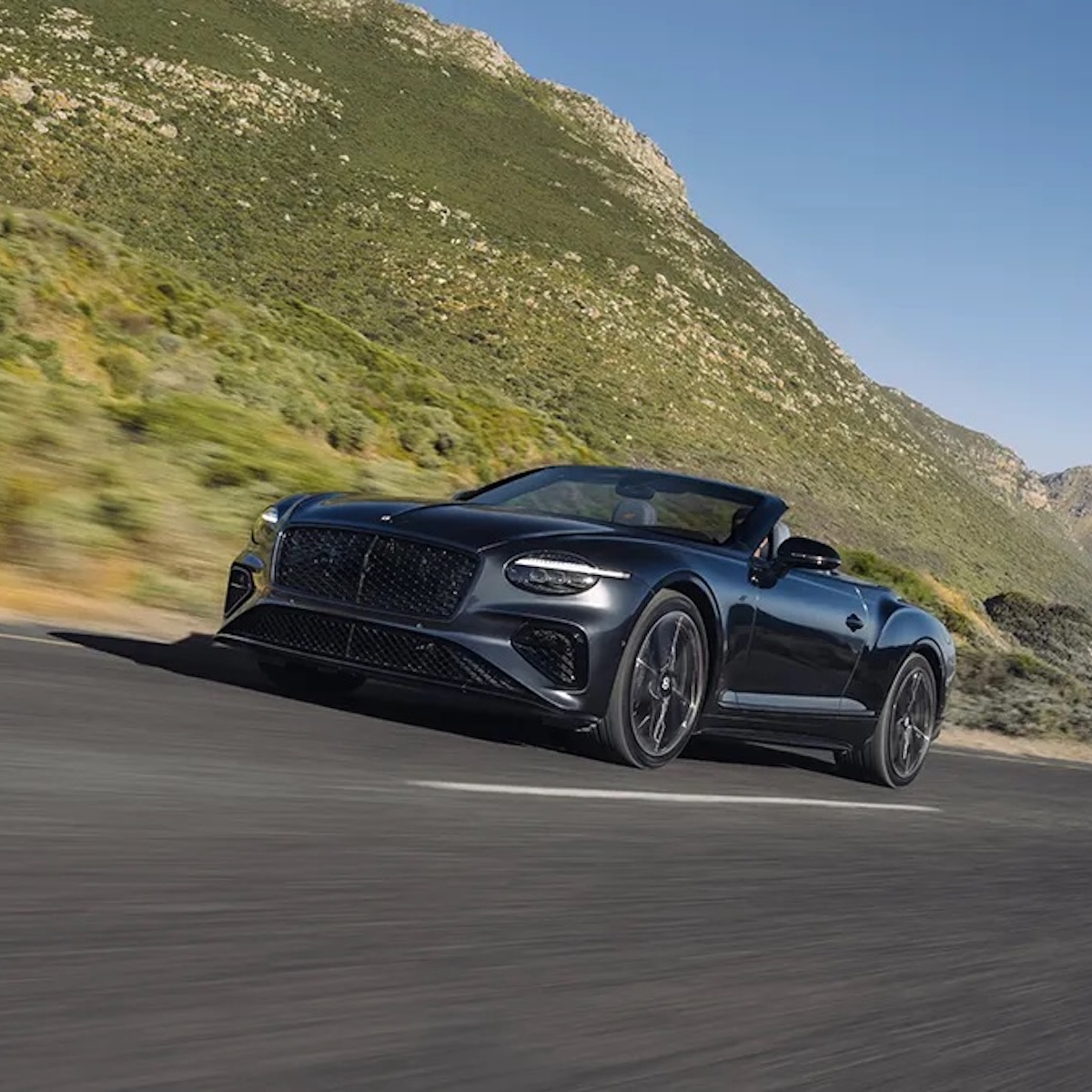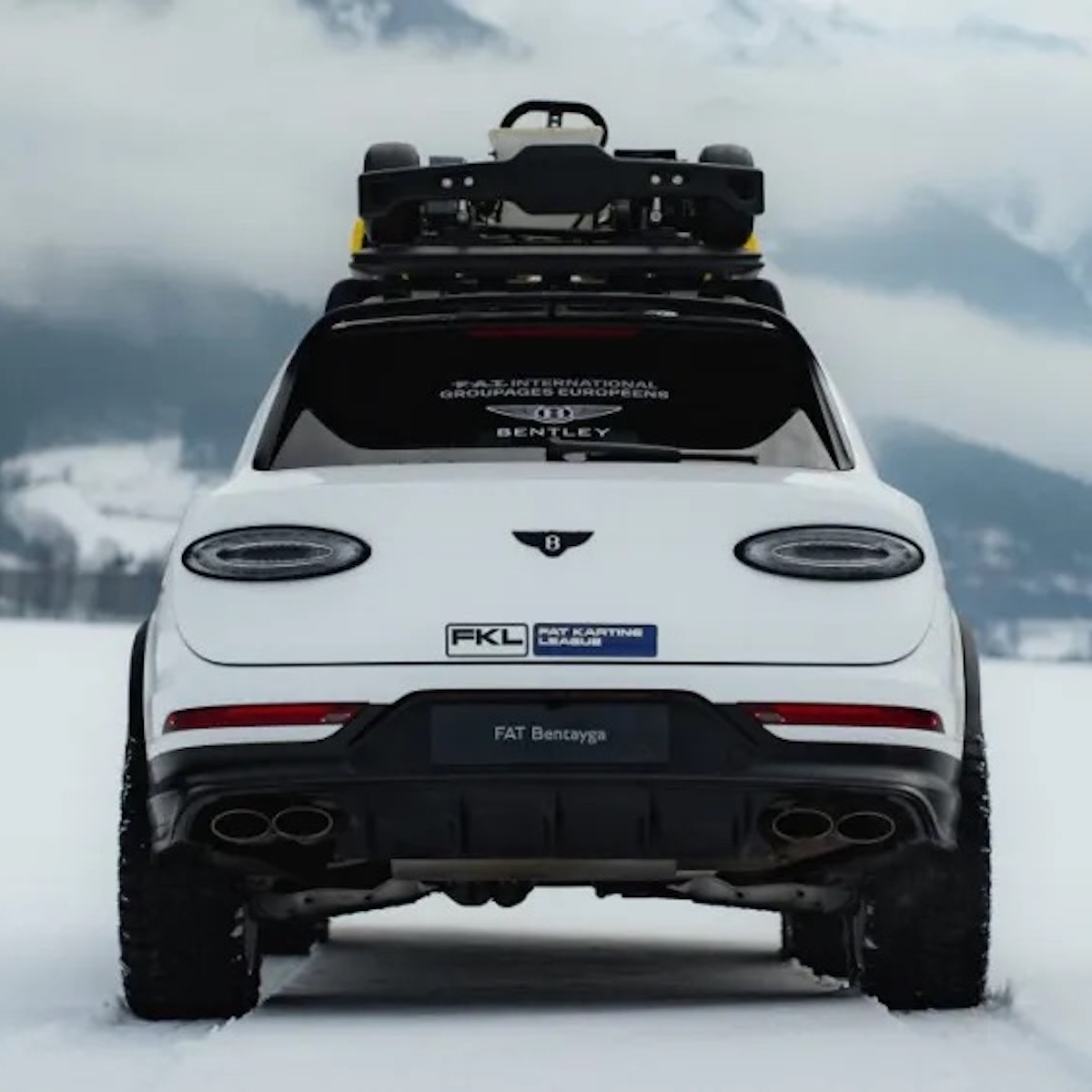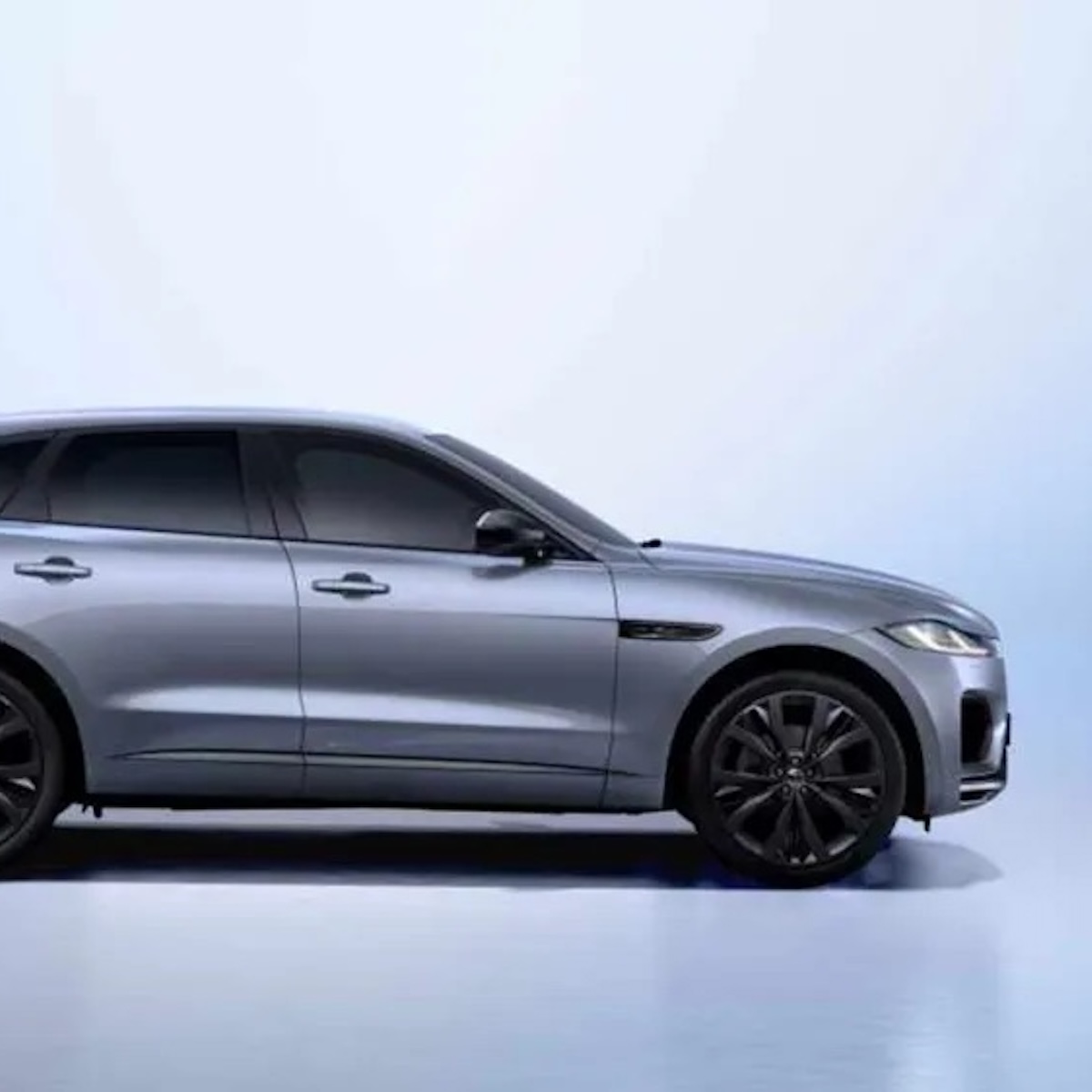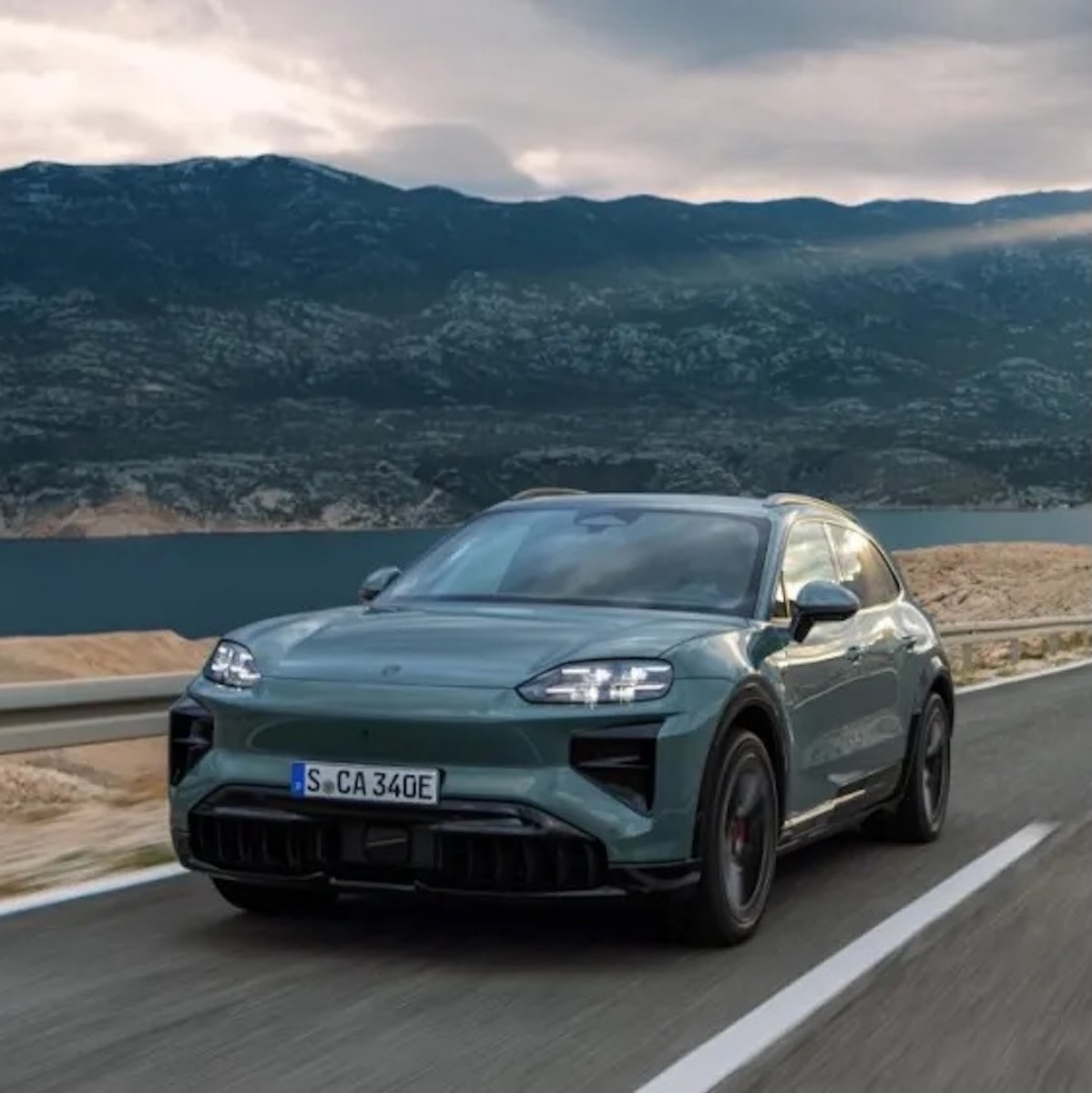The auto industry may be in the midst of an electric revolution, but not every marque is convinced that EVs will rule forever.
During an interview in England, BMW AG chairman Oliver Zipse said the German automaker will continue to pursue innovations around hydrogen fuel technology, even as it develops EVs. “After the electric car, which has been going on for about 10 years and scaling up rapidly, the next trend will be hydrogen,” Zipse said. “When it’s more scalable, hydrogen will be the hippest thing to drive.”
Zipse says it comes down to infrastructure. Hydrogen, he argues, can supply fuel cells stored in carbon-fiber-reinforced plastic tanks, while battery-electric cars still require an extensive charging network. While there will certainly be more electric cars, the lack of access to a fully developed and maintained charging infrastructure could leave the market vulnerable to more efficient technologies.
“You could argue, well you also don’t have access to hydrogen infrastructure, but this is very simple to do: It’s a tank which you put in there like an old [gas] tank, and you recharge it every six months or 12 months,” the CEO said.
BMW has long been intrigued by the promise of hydrogen. In 2005, it began building 100 examples of the Hydrogen 7, which used the fuel to power its V-12 engine. More recently, the brand announced that it would collaborate with Toyota on the hydrogen-powered iX5 SUV, which was first unveiled at the International Motor Show Germany in 2021. Bloomberg reports that the automaker would begin delivering fewer than 100 models to select partners across the US, Europe and Asia for tests and demonstrations at the end of the year.
To be sure, BMW isn’t the only automaker to explore the promise of the fuel. Jaguar Land Rover has also pursued similar technologies. Last year, the luxury marque announced it would will begin testing a hydrogen fuel-cell version of its new Defender on British roads. More are likely to follow.
For the near future, however, BMW’s flirtations with hydrogen will likely take a back seat to its commitment to the EV market. This spring the marque debuted the all-electric i4 and i7 sedans, and its vaunted 5 Series sedan is slated for an electric overhaul. The developments are part of brand’s ambitious plan to make EVs account for half of its sales by 2030.





